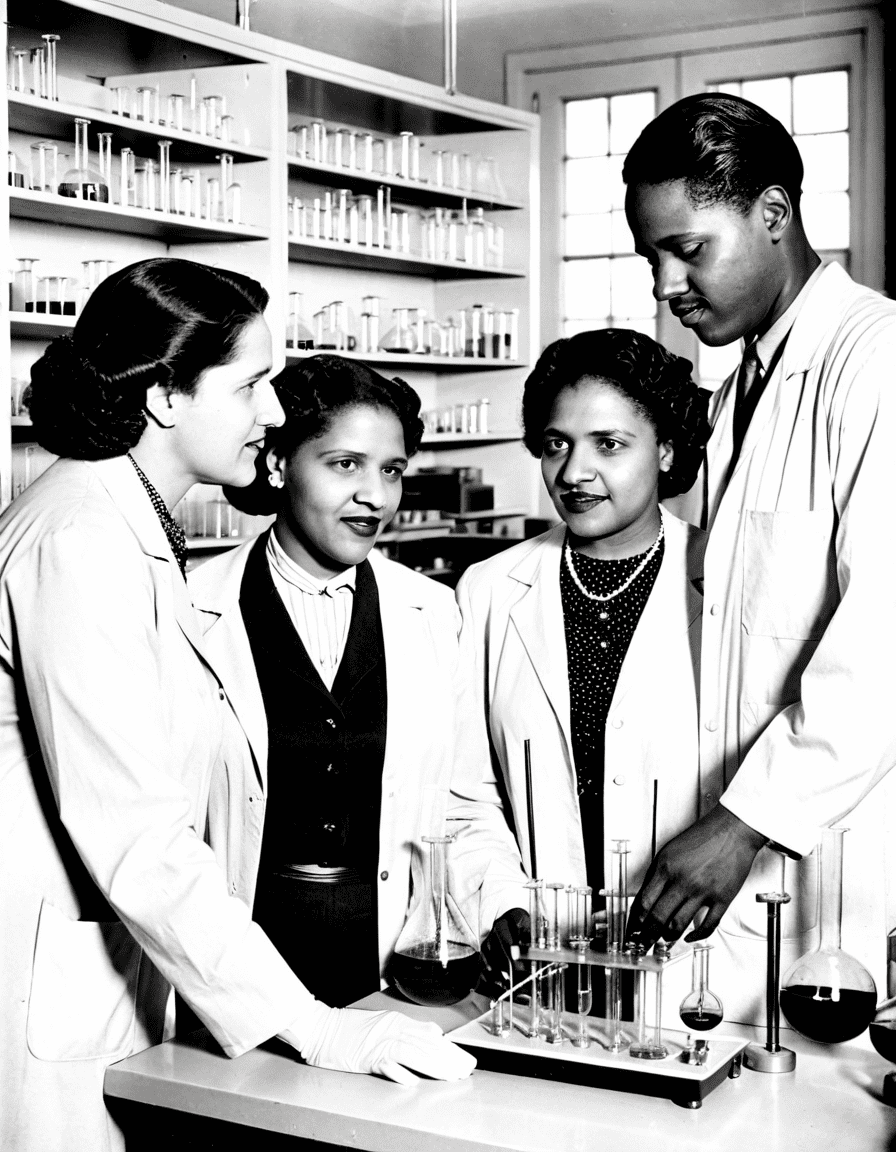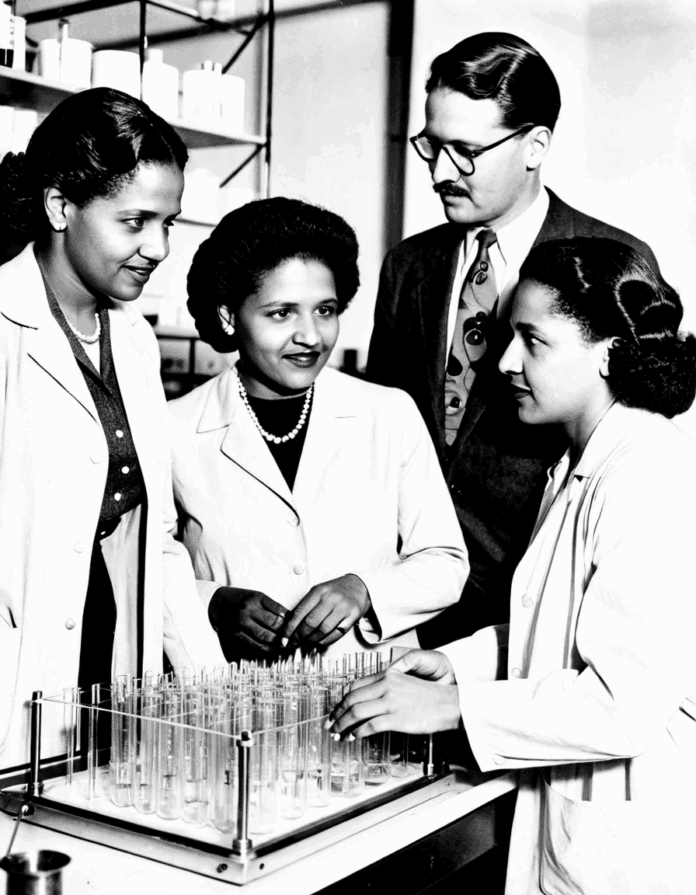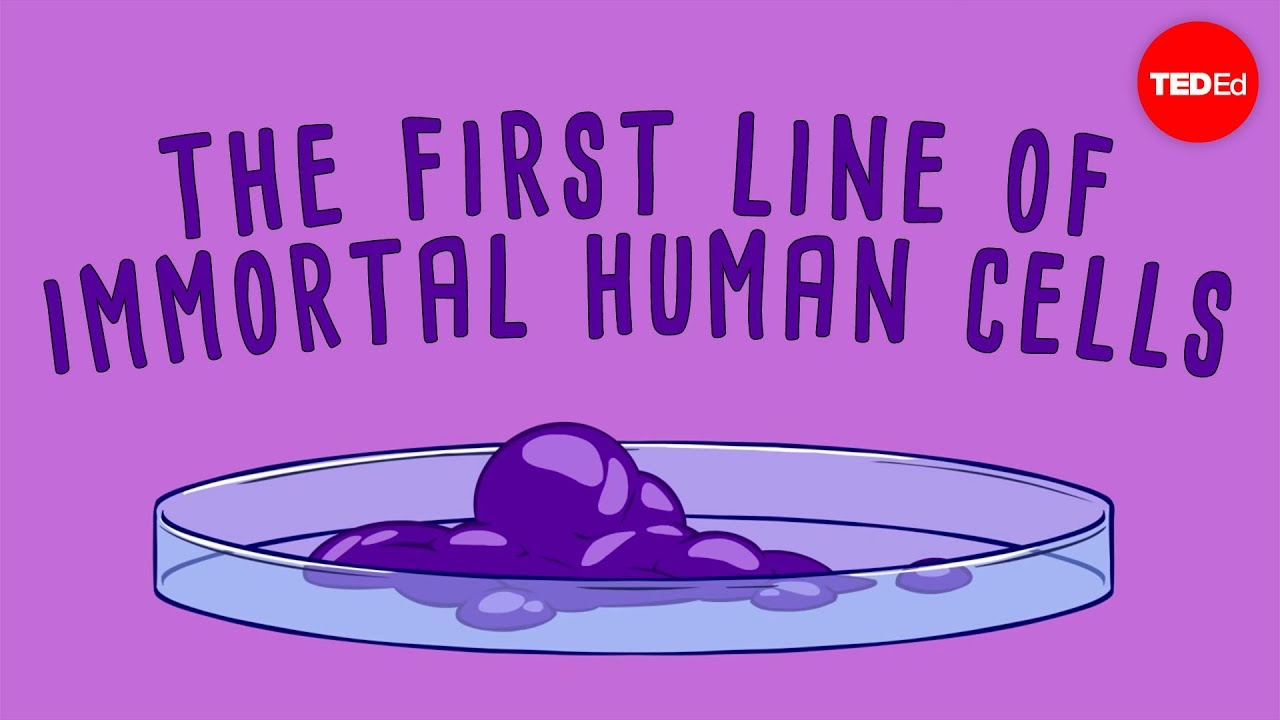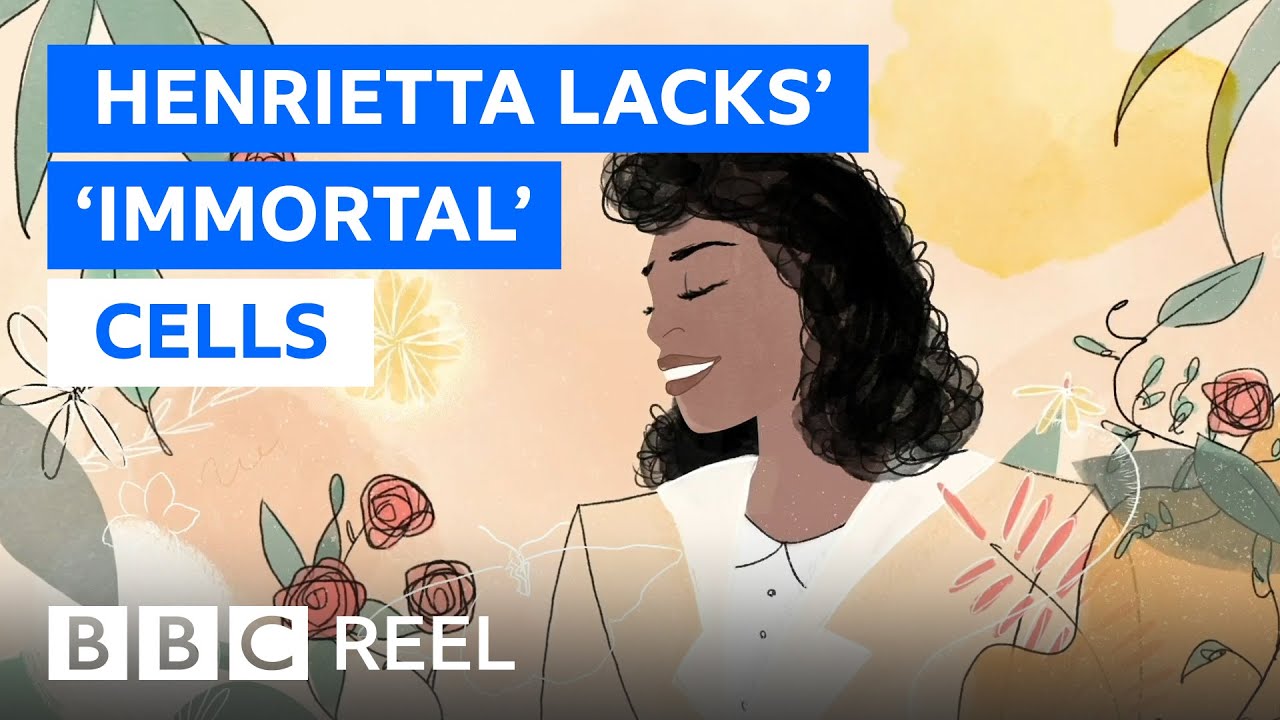1. The Legacy of Henrietta Lacks: Immortalized Cells
Henrietta Lacks, a remarkable African American woman from Baltimore, became an unexpected hero in medical science. Back in 1951, her cervical cancer cells were taken without her knowledge or consent, giving rise to what we now know as HeLa cells. These cells became revolutionary, transforming medical research and creating a lineage of immortal cells that contribute to groundbreaking scientific discoveries even today.
Spanning an impressive range of medical advancements, HeLa cells have been foundational in some of the most significant achievements in modern medicine. From the development of the polio vaccine to advancements in cancer therapy and gene mapping, these cells are indispensable for researchers. Their unique ability to replicate endlessly allows scientists to conduct experiments that deepen our understanding of diseases and drive the creation of new treatments.
Despite her remarkable contributions, Henrietta Lacks’s story highlights a darker side of medical history—one marked by ethical violations. The taking of her cells without consent raises important questions about race, gender, and ethics in research. Today, as we reflect on her legacy, we must ensure that her story serves as both a reminder and a call for change, championing the dignity of every individual involved in scientific inquiry.

2. The Top 5 Impactful Contributions of HeLa Cells
1. Polio Vaccine Development
The first groundbreaking contribution of HeLa cells came in the 1950s when researchers used them to cultivate the poliovirus. By enabling the development of the first effective polio vaccine, HeLa cells played a crucial part in nearly eradicating this once-dreaded disease. Millions of lives have been impacted positively, showcasing how one woman’s cells changed the course of public health worldwide.
2. Cancer Research
HeLa cells have become pivotal in deepening our understanding of cancer. They’re extensively employed in laboratory settings to study how cancer cells grow and spread within the body. Scientists use HeLa cells to test new cancer treatments, including chemotherapy and radiation protocols, significantly contributing to the advancements in therapeutic options available to patients.
3. Advances in Gene Therapy
Since the rise of gene therapy, HeLa cells have been instrumental in this cutting-edge field. Researchers utilize these cells to explore the genetic factors behind various diseases. The findings from HeLa cell research have provided new hope for those battling genetic disorders, continually pushing the boundaries of molecular biology and leading to potential cures for ailments that once seemed insurmountable.
4. Vaccine Development for Infectious Diseases
Besides polio, HeLa cells have been crucial in developing vaccines for other infectious diseases. This includes vaccines for human papillomavirus (HPV), which significantly lowers the risk for certain cancers associated with the virus. The enduring impact of HeLa cells serves to benefit public health, imaging lives saved due to increased awareness and accessibility of effective vaccinations.
5. Ethical Discussions in Medical Research
The legacy of Henrietta Lacks isn’t only marked by scientific achievements; it has also ignited vital conversations about ethics in medical research. Her story highlights the need for informed consent, especially for marginalized communities that have been historically exploited. Today, the emphasis on ethical standards ensures that medical research respects the dignity and autonomy of all individuals involved.
3. The Cultural Impact of Henrietta Lacks on Popular Media
Henrietta Lacks’s journey has transcended science, making its way into popular culture. The HBO film “The Immortal Life of Henrietta Lacks,” starring Oprah Winfrey, vividly brings her story to life. It raises awareness not only of her contributions to science but also of the vast ethical dilemmas that stemmed from the exploitation of her cells. The film has sparked discussions and encouraged others to think critically about medical ethics.
Moreover, the movie “Shallow Hal” serves as an interesting juxtaposition to Lacks’s life. While the former employs humor to tackle superficial judgments based on appearances, Lacks’s narrative reinforces a poignant truth: recognizing the impact of an individual often extends beyond physical attributes. Her incredible impact on science embodies the richness of human contributions plucked from obscurity.
Cultural representations like these serve to carve a more inclusive narrative in which Henrietta Lacks’s legacy continues to inspire dialogue. The depiction of her life helps the public connect with the ethical questions surrounding medical research, reminding us of the human stories behind scientific advancement.

4. Henrietta Lacks and the Stripe of Medical Ethics
The ethical ramifications stemming from Henrietta Lacks’s story create a significant “stripe” of moral inquiry in modern medical research. Researchers today face strict scrutiny over informed consent, a principle lamentably overlooked in Lacks’s case. The lessons learned shape policies that advocate for patients’ rights, particularly among those from vulnerable populations.
This renewed focus on ethics has led to a substantial shift in how research is conducted. Institutions are implementing strict informed consent protocols, guaranteeing that individuals understand and agree to the use of their cells in research. Such protocols are designed to honor the autonomy of every patient, particularly those reminiscent of Lacks’s experience.
The ongoing discourse surrounding Henrietta Lacks’s legacy reflects a collective effort to intersect science with a moral compass. By recognizing her contributions, we strive to create an ethical landscape that respects the dignity of all individuals involved in medical research, ensuring a more equitable future.
5. The Future of HeLa Cells in Scientific Advancements
As we look to the future, HeLa cells continue to be a cornerstone in scientific exploration. Researchers are leveraging these immortal cells to make strides in personalized medicine, stem cell research, and crafting artificial tissues. HeLa cells remain crucial in paving the way for successful patient-centered care that considers the unique genetic profile of individuals.
Innovative techniques, like CRISPR gene editing, are also changing the game for HeLa cell research. This technology offers prospective solutions for genetically based ailments and lays the groundwork for potentially curing conditions previously thought untreatable. The marriage of HeLa cell research with these advancements leads to exciting possibilities in medical science.
In essence, the pioneering work born from HeLa cells promises to propel the next generation of medical treatments and innovations. By building on the foundation established from Henrietta Lacks’s cells, the scientific community aspires to create solutions that foster better health outcomes for all, undoubtedly benefiting humanity in ways we are only beginning to explore.
Innovative Reflections on Henrietta Lacks’s Legacy
The story of Henrietta Lacks is a rich tapestry woven with threads of scientific achievement, ethical considerations, and cultural resonance. While we celebrate the many strides made possible by HeLa cells, it’s essential to remember the human element. Recognizing the depth of Henrietta’s impact goes hand in hand with advocating for justice for her family and promoting an ethical framework in research.
Her legacy reminds us that scientific discovery involves more than just data; it hinges on respecting individuals’ rights and experiences. In honoring Henrietta Lacks, we contribute to a movement striving for dignity and recognition across medical research. As we remember the past, let’s aim for a future that continues to respect and uplift the voices of those who shape our understanding of science.
Together, society must ensure that the legacy of HeLa cells benefits all of humanity while valuing the origin from which they emerged. It reflects a necessary step towards creating a more just and equitable healthcare landscape—one that upholds dignity, respect, and recognition for every individual involved.
Henrietta Lacks: The Woman Behind Immortal Cells
The Essential Life of Henrietta Lacks
Did you know that Henrietta Lacks, who passed away in 1951, had cells that are still alive today? Her HeLa cells have been pivotal in countless medical breakthroughs, propelling science forward in ways most of us don’t even realize. Interestingly, these cells have played a role in developing cures for diseases like polio and even in cancer research. It’s almost as if her legacy keeps on giving, almost like how kudzu vines stubbornly grow everywhere!
Henrietta’s life wasn’t just about her immortal cells; it also highlights the importance of ethical considerations in medicine. For years, people were using her cells without her knowledge or consent, which raises significant questions about anxity in the medical community. Awareness of these ethical dilemmas has since led to improvements in patient rights and data privacy. You could even say that her struggles helped pave the way for modern medical ethics!
Personal Insights and Cultural Impact
Beyond her scientific contributions, the story of Henrietta Lacks brings attention to issues like race and equality in healthcare. As an African American woman from the South, her experiences reflect a broader narrative of how marginalized communities have been treated in medical settings. This points to a deeper depression meaning in society, given the systemic injustices that persist in healthcare access.
Interestingly, her cells offered more than just health breakthroughs; they became symbols in the quest for equity in medical research. Henrietta’s story reminds us that science doesn’t happen in a vacuum. Just like a gravity blanket can bring comfort during tough times, learning about her life can inspire change and awareness—all while sparking discussions that matter. It’s crucial to honor her contributions and keep the dialogue going about how we care for all individuals in the medical field.







